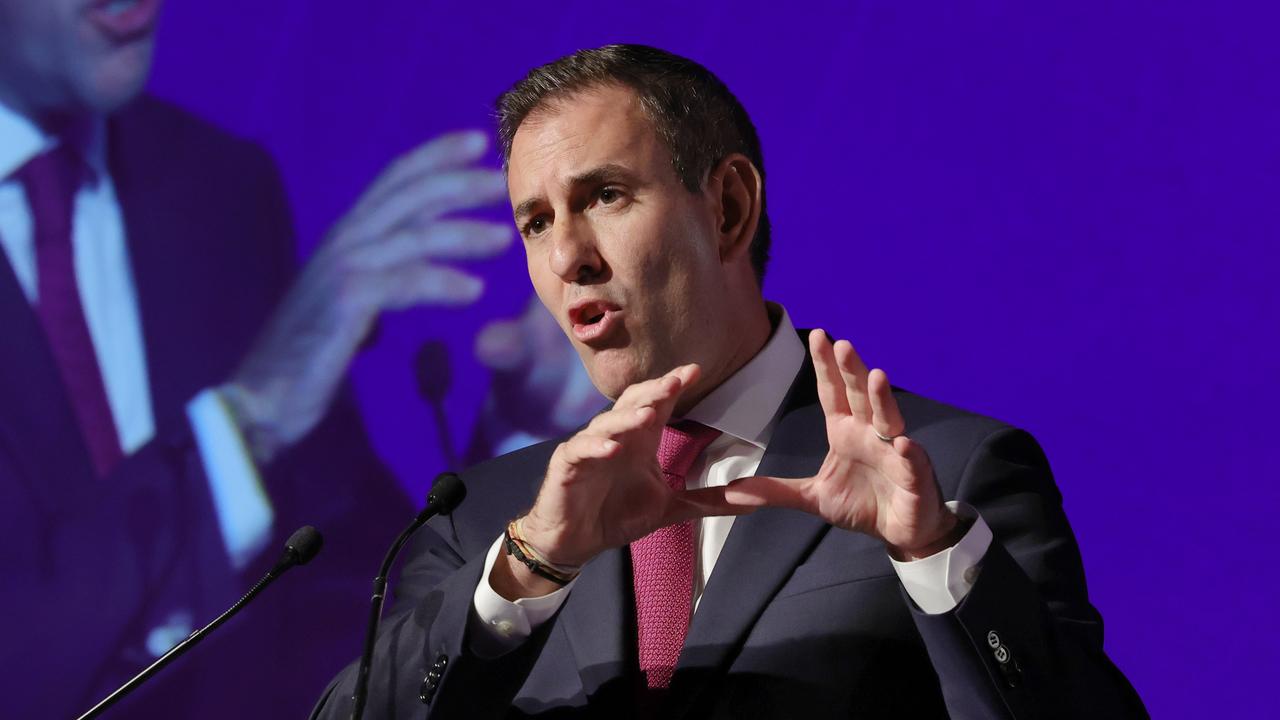Mid-tier businesses optimistic on the future but fear the housing crisis: KPMG Enterprise survey
Mid-tier businesses fear that in years to come, the national housing crisis will worsen their ability to find and employ workers living close enough, the results of a survey shows.

Mid-tier businesses are targeting growth and innovations in 2025 as many overlook immediate woes driven by high inflation and cost-of-living pressures that are curtailing spending.
The KPMG Enterprise survey of 100 influential Australian mid-tier executives shows digital transformation and optimisation, along with extracting organisational value from it, was the No. 1 priority for 48 per cent of leaders, who are increasingly looking to how their companies will be best placed in the future.
Business leaders are also concerned about the housing crisis, with 60 per cent viewing it as the biggest societal risk amid fears that it will weaken the labour market as workers flee cities in search of a more affordable home.
KPMG Enterprise national managing partner Naomi Mitchell said mid-market businesses saw technology such as artificial intelligence as offering a real opportunity, with many upbeat about what was in store.
“Mid-market private clients are the engine room of the Australian economy. They cannot afford for their businesses to fail because that means the family or the private ownership fails,” Ms Mitchell said.
“There is an acknowledgment that the economy is not ideal, but there is a great optimism around opportunities that are on the horizon. We are at an inflection point that has given them an ability to pivot their businesses, change their processes, and they can do it now in an affordable sense.”
KPMG’s Enterprise division has recorded a near 20 per cent increase in demand for its services as businesses enlist consultants to navigate digital transformation and other challenges. Ms Mitchell said cheaper technology opened the door for digital transformation with many viewing it as key to unlocking increased competitiveness.
“There is a broad acceptance in the mid-market that digital transformation is not going away any time and leaders can see it changing in their daily lives, in their business and at home with the family,” she said.
“Many see that opportunity and are applying lessons that were learnt during Covid, which was about being agile and being able to pivot into growth streams.”

Hiring and retaining talent, which was the top issue for mid-tier executives at 60 per cent in 2024, fell out of the top five issues this year. This was against the backdrop of the country’s unemployment rate remaining at historically low levels and record levels of immigration swelling the population past 27 million.
“It would appear that the large-scale migration of recent years has satisfied the immediate needs of many organisations,” Ms Mitchell said.
“But looking ahead to the next three to five years, talent again becomes an important challenge, specifically to meet the needs of the more digitised future.”
There was concern that a lack of new homes being built compared to the population increase and the recent surge in property prices that have locked a significant proportion of younger Australians out of the market will make hiring harder in the future.
“For the mid-market, it is more than just whether Australia is building enough homes, it’s about the impact this will have on their business and who they hire,” Ms Mitchell said.
“A lack of affordable housing supply can directly impact businesses by shallowing of the labour market in high-cost areas as workers have to live further away. This can lead to higher recruitment costs and productivity losses.”
Annual headline inflation rose by 2.3 per cent in the 12 months to November 30, the Australian Bureau of Statistics said on Wednesday, up from 2.1 per cent in October and above the 2.2 per cent rise expected by economists.
Ms Mitchell said leaders were still focused on keeping costs in check in the era of rising prices, but added that many had accepted that inflation is the new norm.
“Inflation has become an acceptance for businesses, as well as labour issues. A lot of work was down during the Covid years on cost control in an inflationary environment so many have been able to adapt,” she said.
Reserve Bank governor Michele Bullock has previously warned the central bank wanted to avoid households and businesses adapting to higher levels of inflation, adding that it could entrench inflation and make it harder to return to target.




To join the conversation, please log in. Don't have an account? Register
Join the conversation, you are commenting as Logout